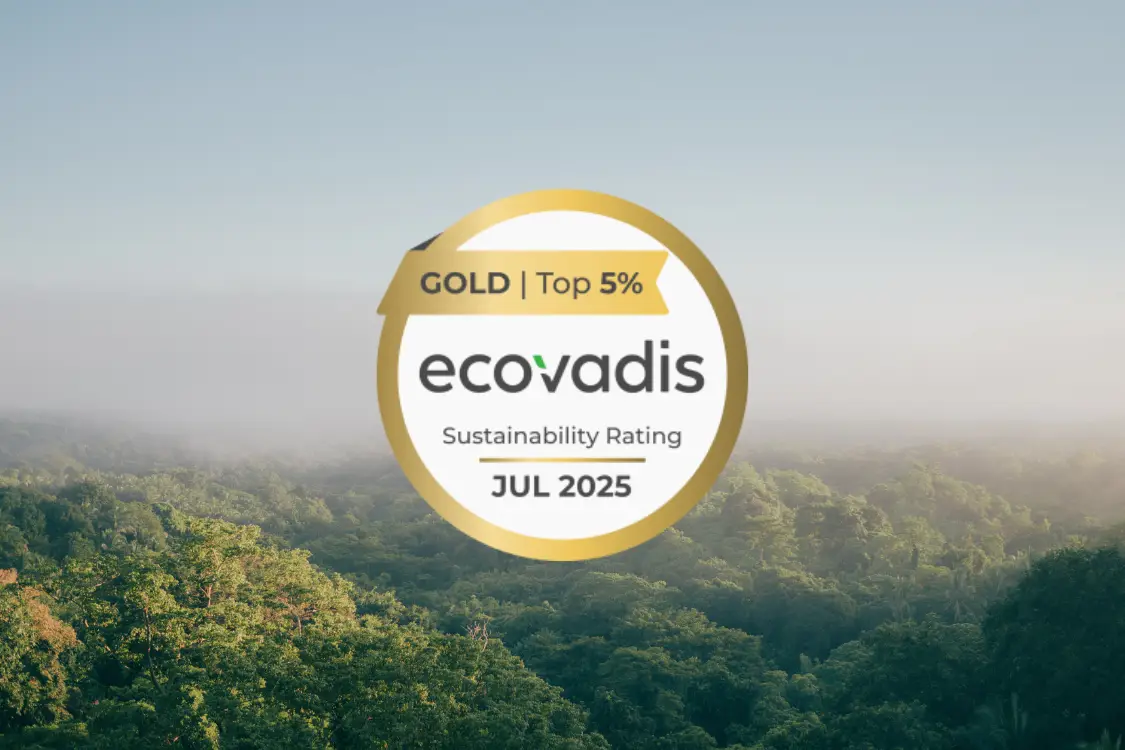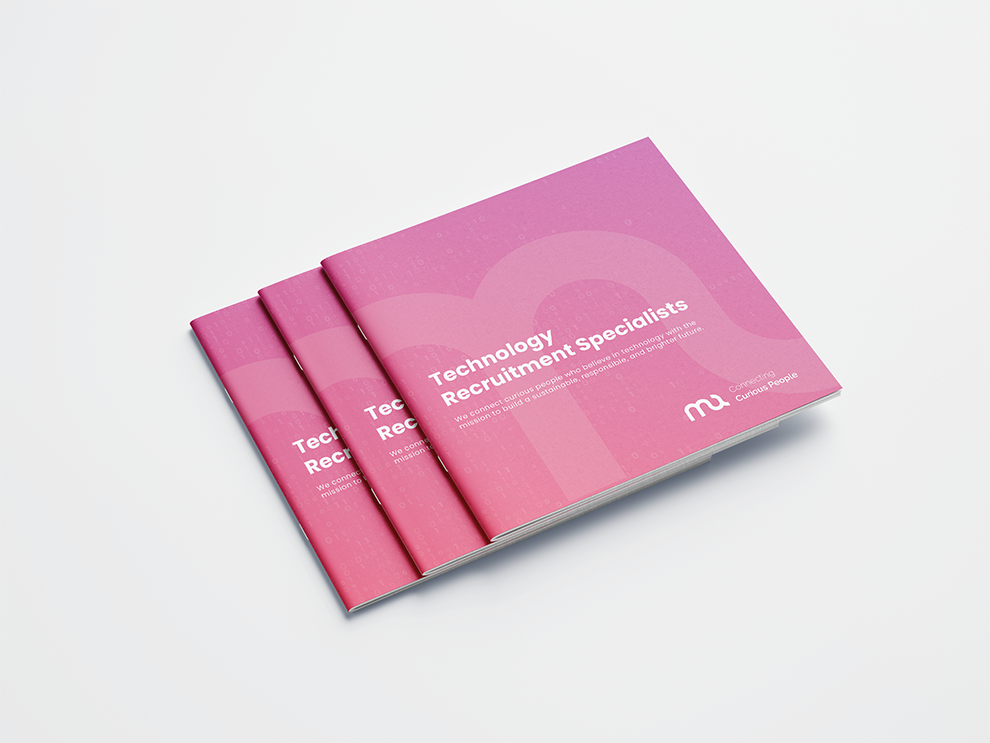
Landing an SAP role: tips on CV, job browsing and interview
27 Jul, 20224 minSAP has been around for decades and is a high paying market, therefore one of the most compe...

SAP has been around for decades and is a high paying market, therefore one of the most competitive ones in the world of IT. Clients are always on the lookout for skilled technical and functional consultants, and competition between candidates is fierce.
With that in mind and regardless of your experience in SAP, it is important today more than ever to stand out in this saturated market. Below are some tips to help you land that SAP role you have been eyeing for some time, divided into three steps: the CV, the job browsing and the interview.
1. CV
Masterpiece of the job search, the resume is one piece not to neglect, especially for a technical role. For SAP CVs, accuracy and relevancy are key.
Make the look count
Think about the recruiter that will read your CV after having potentially read dozens of them before yours. The first glance is important!
Use professional fonts and colours. Optimise layout and spacing by making your CV content digest for the reader, every word you use counts and must serve a purpose so be straight to the point!
Structure and Details
Whether you choose a chronological CV, a skill focused one or a mix of both, make sure you always start with a clear job title describing what you do/what you’re applying to, followed by a concise profile summary.
Be as accurate as possible but stay relevant: focus on the modules you have the most experience in, give details of the project type, the scale, the size of your team etc… make sure you give measurable facts and concrete examples based on actions.
Beware also of confidentiality. As proud as you are of having worked on a supersize project for that big client, some projects cannot be communicated on so make sure you respect that to avoid any future issues.
Adapt your CV to the role you apply for and make sure it’s updated!
Highlight and develop the relevant experiences and modules.
Provide a couple of references and make sure your CV is always updated! As mentioned before, competition is fierce so an updated, relevant and backed up application will help you stand out and go through that first screening made by recruiters.
And last but not least, have your CV double checked and proofread!
2. Job Browsing
Network
An African proverb say: “If you want to go fast, go alone. If you want to go far, go together”. Networking might be a bit of a hassle, but the time and energy investment is worth it. Beyond getting and sharing knowledge or creating new connections, it is a perfect context to create opportunities. And networking does not necessarily only means going to specialised events in rooms full of strangers (even though this is good practice), it can also be done online by joining and engaging with SAP online communities or, a simple but efficient method, keeping in touch with former colleagues and managers (who will on top of that know you and your abilities best, and can be your best advocates for an opportunity they would hear about).
LinkedIn has become, over the years, an indispensable tool for professionals, whatever their speciality is. Recruiters are very active on it and will use it daily to get in touch with SAP talents and broadcast the latest vacancies. Just like your CV, make sure your profile is regularly up to date with a comprehensive description of your experiences to enhance your chances of appearing in searches.
Partner with an SAP recruiting firm
Job hunting can be particularly time consuming, making it even more difficult if you’re already working. Choosing to work with a staffing firm like MA will allow you to save time on job hunting and/or shorten your “in between assignments” time. Also, you will have access to job opportunities that will not necessarily be available through traditional job boards or will be live for a very short period. And finally, you will be in contact with SAP specialised recruiters that will work in the geographical market of your interest.
3. Interview
In today’s world, whether it’s in contract or for permanent positions, more and more clients look not only for a set of skills, but also for a person that will humanly and culturally fit in the team. So, while it is obviously important to know yourself and what you’re technically capable of, showing interest in the company itself will make you stand out.
Do some research and studying
About the job: go through all details and determine how you can be successful on the different requirements, as it will more likely be the basis of the interview questions
About the company: know its history, its activity, its values, its competitors etc. this will firstly ensure that you are applying to work in a company that will fit your own values, but that will also show that you came prepared and interested in more than just the role.
About the interviewers and the interview type: if possible at all, find out about who will interview you (their role, background etc) and the structure of the interview. This would hopefully give you a better understanding of the questions and kind of answers that would be expected. And you can also prepare some personalised questions for them at the end.
Know your CV and train to talk about your experience
Knowing your experience does not necessarily mean that you will comfortably spell out everything on your CV. And you probably won’t need to anyway as it would be redundant to just robotically recite something that has already been read by the recruiter just before. So, train to sound natural and comfortable. If you’re applying for a leadership role or a role within a team, the way you communicate will be very important.
Plan all logistics ahead
Prepare your clothes, briefcase, business cards and CV copies the day before. Take a notepad and a pen, too!
Research the journey to the company and make sure you anticipate and give yourself enough time to avoid potential traffic issues, roadwork etc
Relax!
Finding a contract or permanent role, may it be SAP, is a time and energy consuming task especially on a very competitive market. So being prepared and having all the tools ready and handy to successfully complete this task is essential! And as mentioned above, partnering with the right SAP recruitment firm is a great asset. So, if you’re looking for your next SAP role, have a look on our website and get in touch with our SAP specialised team now!
Main Sources
https://eursap.eu/2016/01/20/5-tips-for-landing-sap-jobs/
https://blogs.sap.com/2012/11/04/dos-and-donts-for-a-stand-out-sap-resume/
https://www.indeed.com/career-advice/resumes-cover-letters/sap-cv


